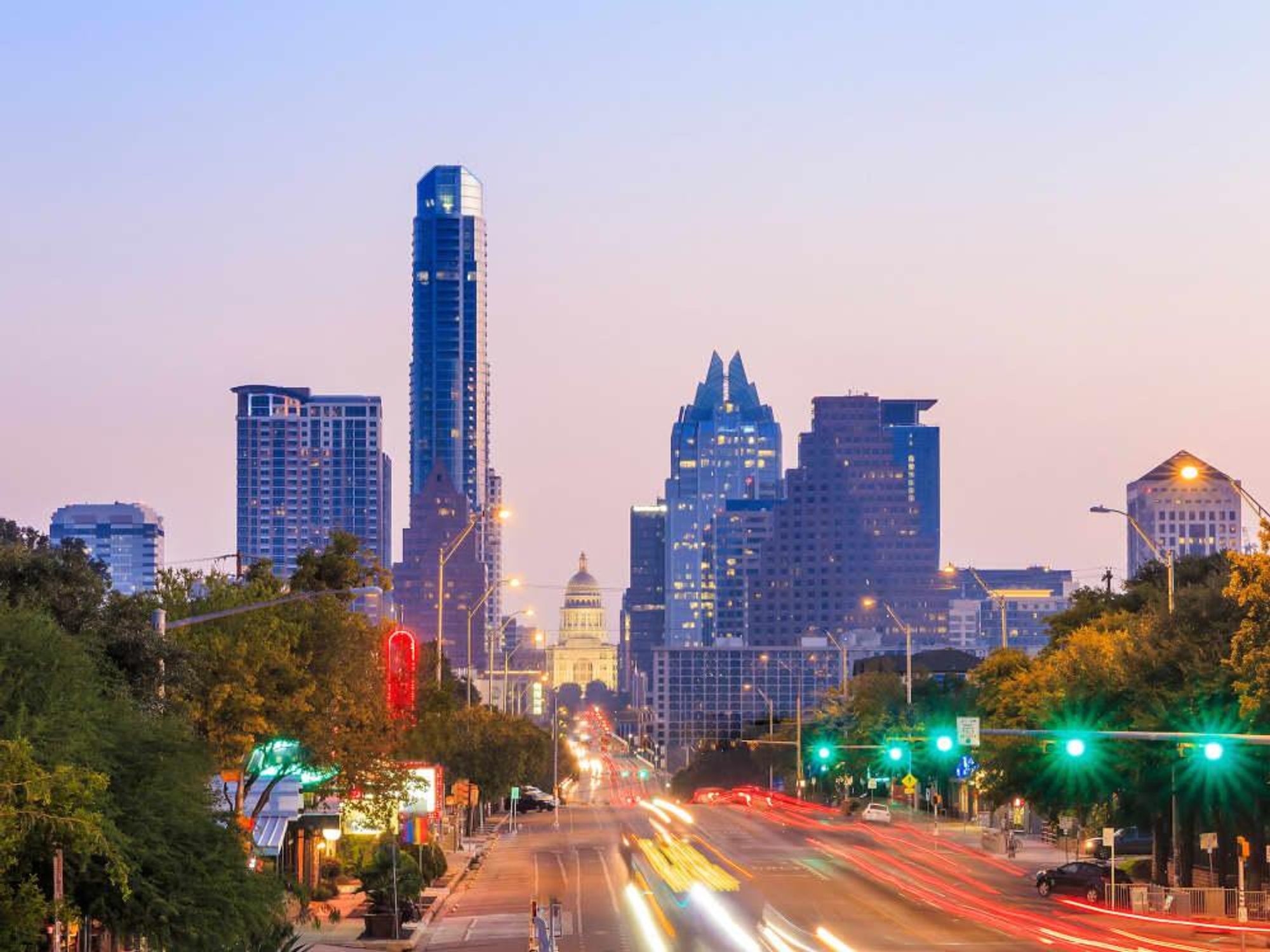Amazon watch
Austin has 'pretty good' chance of snagging Amazon headquarters, tech expert says

From Barbary Brunner’s vantage point, Austin stands a “pretty good” chance of landing Amazon’s second corporate headquarters. And Brunner enjoys a unique perspective on the matter: She currently leads the Austin Technology Council and lived in Seattle, Amazon’s birthplace, for nearly two decades.
Austin is one of 238 North American communities bidding for Amazon HQ2, a $5 billion project that eventually could create 50,000 Amazon jobs.
For those cringing at the thought of an enormous influx of workers into Austin, Brunner notes the 50,000 HQ2 jobs that the e-commerce behemoth intends to create would be added over a period of years, not all at once. In other words, Austin’s workforce wouldn’t mushroom by 50,000 people overnight.
Referencing the potential of Amazon selecting Austin for HQ2, Brunner says that “the growth of the innovation industry is good for us.”
Regardless of whether Amazon picks Austin for its second headquarters, our city will continue to gain dozens of new residents every day, Brunner points out. “This is not going to stop. We all live here for a reason. It’s a great place to live,” says Brunner, who relocated to Austin in 2015.
Of course, Austin is hardly alone in pursuing Amazon HQ2. Brunner cites these three cities as being among Austin’s chief rivals in the contest:
- Atlanta — Brunner gives a nod to the Big Peach for having the world’s busiest airport, Hartsfield-Jackson Atlanta International Airport, and a major university, Georgia Tech.
- Denver — Brunner notes that the Mile High City’s advantages include its airport, which is a hub for United Airlines, as well its growing tech economy, and the state’s business-friendly environment.
- Pittsburgh —Brunner underscores the Steel City’s close proximity to East Coast “power centers” like New York City and Washington, D.C., as well as access to the esteemed Carnegie Mellon University.
“At the end of the day — despite all the public speculation — the only algorithm that counts is the one being used by the business decision-makers inside Amazon,” she says. “They haven’t shared much beyond all the different variables that could be part of the consideration set.”
After weighing an array of criteria, including cost of living, quality of life, and access to talent, Amazon is expected to decide early next year on the location of HQ2.
If Austin does secure HQ2, Amazon actually could help, not hinder, our city’s efforts to tackle pressing issues like traffic congestion and housing affordability, just as it has done in Seattle, according to Brunner. “We can be NIMBY-ist about Austin’s growth and development. We have to be prepared to manage it,” Brunner says.
